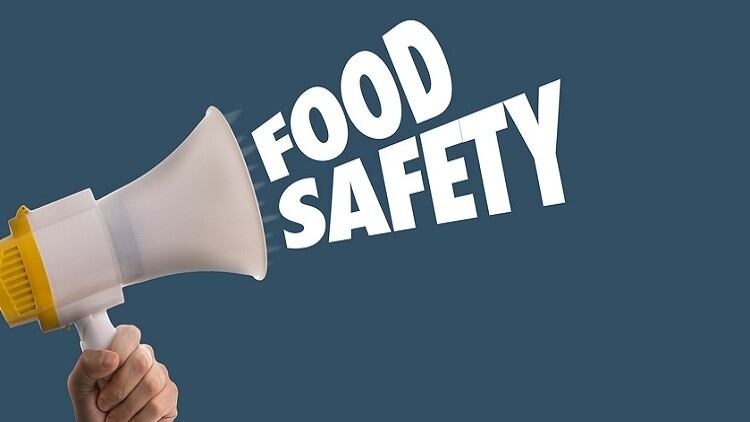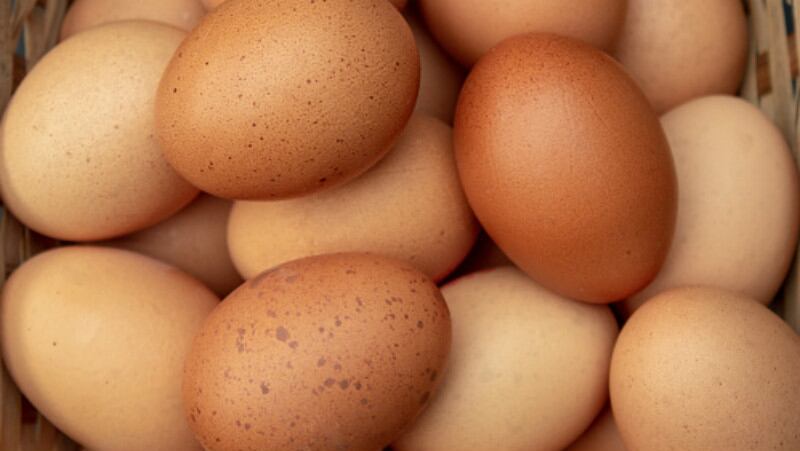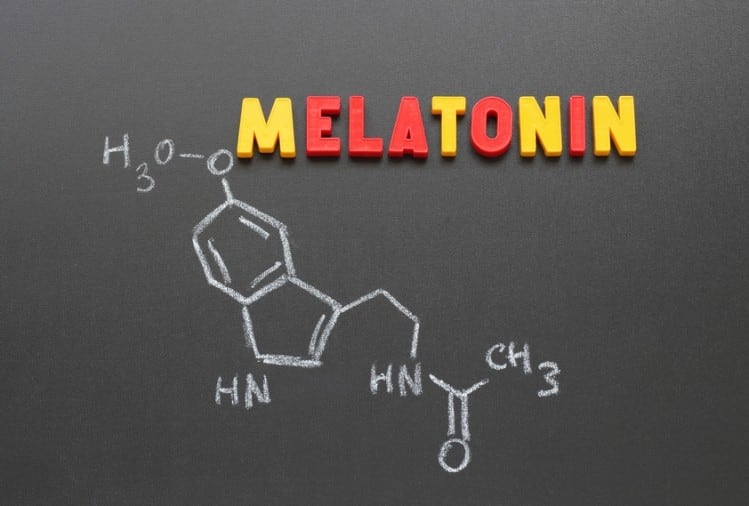More hikes imminent: EU’s deforestation stance set to cause food price rises – policy experts
The EU’s recent approval of its controversial deforestation regulation is expected to drive up the cost of palm oil and other affected commodities, and thus food and beverage prices, amid ongoing inflationary pressures that have already affected a majority of countries globally.
The European Union parliament voted on and approved its long-debated deforestation regulation on September 13 2022, turning a deaf ear to strong opposition voiced by multiple countries, particularly producer countries of commodities such as palm oil which would be the most heavily impacted by the new regulation.
Opponents claim the move is nothing more than a ‘political protectionist tool’.
Japan GM food: New data ‘further supports’ the case for genetically modified ingredients – government study
The Japanese government has found no evidence of genetically modified (GM) food ingredient crops posing any risk to surrounding biodiversity in its latest nation-wide study, seemingly further supporting the case for GM foods to be granted wider berth in the local food supply.
Japan has been conducting studies on GM food crops including soybeans and rapeseed since 2006, and the latest 2020/2021 report has concluded that the cultivation of these GM crops poses no risk to local biodiversity.
“We have been studying GM crop cultivation sites and collecting samples of these crops to compare with non-GM crops of the same species growing within five kilometres of the sites [in order to] investigate whether any crossing of genetic material took place,” the Japanese Ministry of Agriculture, Forestry and Fisheries (MAFF) said via a formal statement.
Free trade failure: APAC leaders decline to prevent food export bans amid Russia-Ukraine crisis
APAC Ministers responsible for food security have failed to reach an agreement to prohibit countries from imposing food export bans, as the region continues to battle economic and supply uncertainties resulting from the Russia-Ukraine war.
Unsanctioned food export bans were a prime topic of conversation at the most recent Asia Pacific Economic Cooperation (APEC) Ministers Food Security conference, chaired by Thailand Minister of Agriculture and Cooperatives Dr Chalermchai Sri-on.
Although no fingers were pointed at specific markets at the meeting, in recent months there has been rising tension in the region with key food commodity suppliers implementing export bans unsanctioned by the region, such as Malaysia’s recent ban on chicken exports, which caused uproar in Singapore for a time; and India’s ban on wheat exports which caused waves amid global shortfalls due to the Russia-Ukraine conflict.
Self-sufficiency scramble: South Korea turns to rice flour as wheat hit by inflation and supply chain challenges
South Korea has announced new plans to utilise rice flour as a substitute for wheat flour where possible to combat rising inflation and supply chain challenges.
The turmoil in Russia and Ukraine has caused rising global concerns of wheat shortage - as together both markets make up roughly a quarter of global wheat supply - and this situation has been further exacerbated by wheat export bans being implemented in some major wheat producing markets like India.
While many countries have not had much choice other than to look for alternative wheat sources or succumb to higher prices, South Korea is looking at a more innovative way of plugging this gap whilst building up its wheat supply – by turning to rice flour as a substitute.
2023 healthy food trends: Clean label and positive nutrition claims crucial for consumers
Consumers in the Asia Pacific region will continue to be strongly driven by products with clean label and positive nutrition claims moving into the new year, with food and beverage brands also set to boost innovation to meet these demands.
The health and wellness trend has been constantly on the rise in the food and beverage sector over the past few years, accelerated even more since the COVID-19 pandemic hit in 2020.
Moving into 2023, industry experts are confident that this trend will continue to guide consumer purchasing decisions, with particular emphasis on the clean label and positive nutrition claims that are drawing great interest especially in larger markets.
“A recent survey has shown that almost 60% of consumers in Asia put great import on clean label products, saying that this has a fair to great deal of influence on their buying decisions,” Innova Markets Team Manager Insights and Innovation Nicole Jansen said at the recent Fi Asia-Vitafoods event in Bangkok, Thailand.





